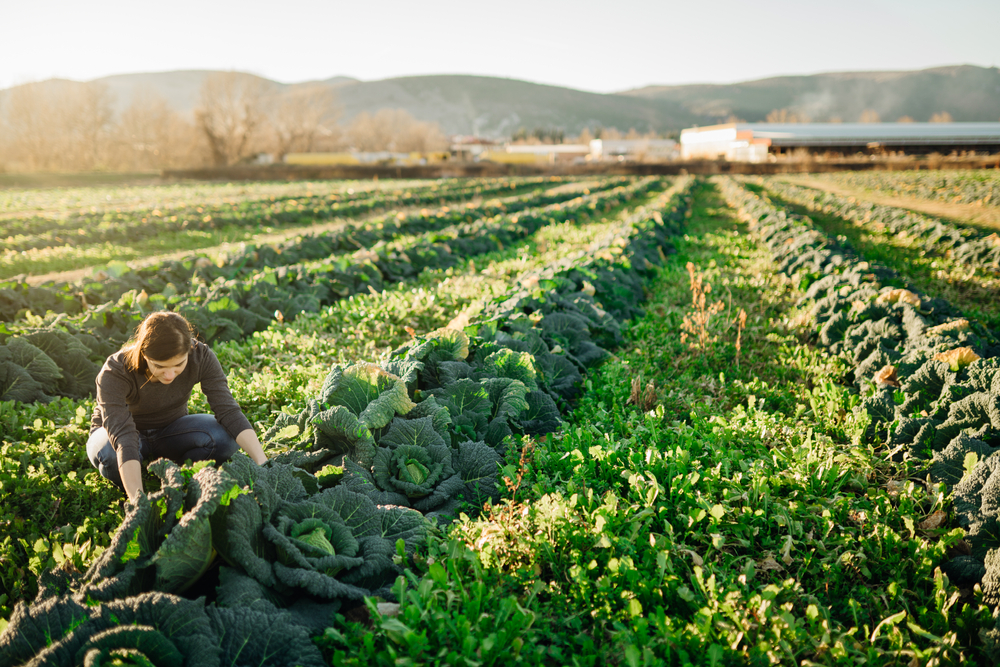
Challenges and needs must be addressed by adopting a unified and integrated vision. On one hand, there is the need to look towards the future and with a broad view, by projecting the own choices on scenarios and challenges in a wider way. In this way, it is possible to realize a new digital transformation path, more consistent and resilient. On the other hand, is necessary to develop the insights and goals of strategic and prospective type, into concrete and better actions for the own operational reality. In this way, the latter becomes an active part of a system of change.
Sustainable Soil and Crop Protection
With the Sustainable Soil and Crop Protection is promoted the usage of new sustainable technologies for the crop’s protection and the environment’s tutelage; with the scope of guaranteeing a better food safety and a smaller impact on the nature.
The fundamentals principle detectable in the adjectives ‘healthy, sustainable, and traceable’ must guide the productive system of the agri-food domain, guaranteeing the reduction of pesticides usage and preserving agents on the farmed products. Not only with the goal to benefit the citizen-consumer, but as well the same enterprises.
It is thanks to the citizen-consumer if this attention is growing exponentially, as he has always more attention for the quality of the processes, favouring healthy products.
The demand for healthy, sustainable, and traceable products pushes always more the enterprises that operate in the agri-food to diminish, or even delete, the usage of chemical products during the cultivation. In this way, the final aim is a more efficient productive process in each phase, that adopts such methods to stop the increase in the already existing human’s ecologic debt.
In a nutshell, the purpose is to defend the crop from the issues to which they are subject and to reduce the environmental impact, by giving priority to consumer’s safety.
The utilized methods for the Sustainable Soil and Crop Protection shall not interfere with the agricultural ecosystems, but they must guarantee the minimum environmental impact by promoting: natural mechanisms of phytosanitary control, optimized applicative technics, specifics substitutions of the actual extensive practices, and lastly, new long period strategies.
Needs
Supply chains involved:
Learn more and find out how to address the needs of agrifood
in the Digital Food Conferences webinar cycle.
Learn more